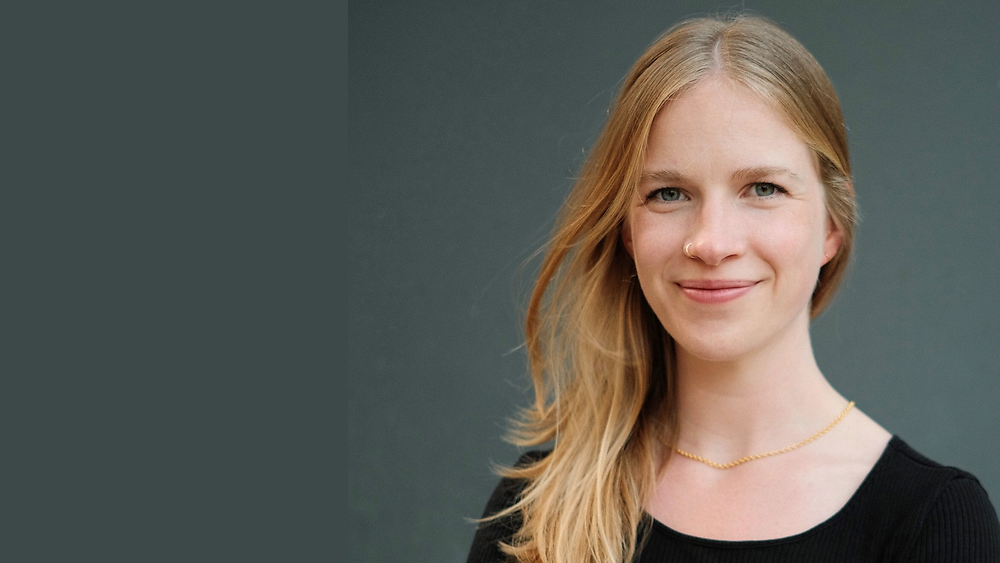April 19, 2023 | News | Welcome to the MPIDR
Bettina Hünteler is a new Research Scientist at the Research Group: Kinship Inequalities

© with courtesy of Bettina Hünteler
Bettina Hünteler has submitted her doctoral thesis in social sciences at the University of Cologne and is particularly interested in intergenerational relationships, the life course and social inequality. At the MPIDR, she plans to spend the next three years researching the interconnectedness between family networks and various indicators of social inequality. In her free time, she enjoys climbing and traveling.
What question drives you most in your research?
Currently, my primary area of interest lies in understanding why and how family dynamics affect individual lives and, more broadly, social inequalities. Importantly, I am less concerned with the day-to-day interactions between family members, like the exchange of support. Rather, I focus on how the family structure can shape (and is shaped by) different aspects of individual life, such as health and wealth. My approach is holistic on various levels. For instance, I examine not only one's own fertility but also the fertility and mortality of preceding and succeeding generations. Additionally, I recognize that the kinship structure is dynamic and embedded within an individual's broader life course.
What are you looking forward to as you start working at the MPIDR?
I am excited to embark on a new chapter in my career as a postdoctoral researcher at the MPIDR, while maintaining my connections with the University of Cologne where I received my prior training. The MPIDR presents ample opportunities for me to broaden my scientific collaborations and expand my expertise in an interdisciplinary and vivid research environment. Additionally, I am thrilled to have joined a research group that shares my interest in studying kinship inequalities from a structural perspective, and I cannot wait to begin our joint projects together.
What do you like most about Rostock?
While I have not had the chance to explore much of the city yet, as of now, I like the close proximity to the Baltic sea, the relaxed, almost holiday-like vibe and also—very much surprisingly for me—the feeling of remoteness from the rest of Germany.
What are you obsessed with at the moment besides demography?
As the projects I work on typically require a significant amount of time before producing tangible results, I often engage in hands-on activities such as drawing and sewing to channel my creativity. Also, I love to travel around Europe with our DIY camper van which has been another of these creative projects. Lastly, I am passionate about climbing and bouldering, although I must admit that I haven't been training as much as I should, so my skills might be a little rusty at the moment.